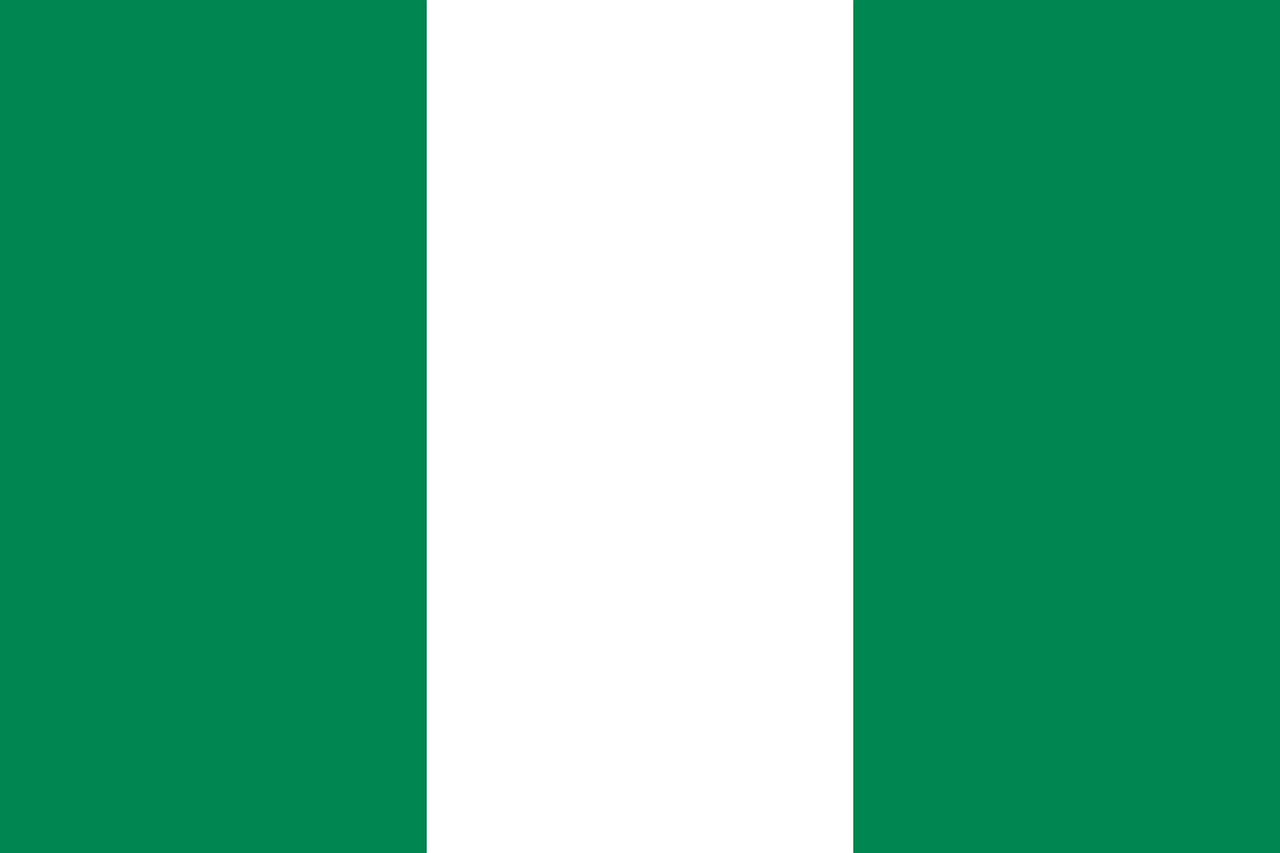
403
Sorry!!
Error! We're sorry, but the page you were looking for doesn't exist.
Terrorist attacks target both Muslims, Christians in Nigeria
(MENAFN) In Nigeria, where US President Donald Trump recently threatened military action over attacks on Christians, reports indicate that violent incidents also heavily affect Muslims, who make up roughly half of the population.
“If the Nigerian government ‘continues to allow the killing of Christians,’ Washington would immediately cut all aid and assistance to the West African country,” Trump wrote on Truth Social, warning that the US might enter the country “guns-a-blazing.” He added: "I am hereby instructing our Department of War to prepare for possible action. If we attack, it will be fast, vicious, and sweet, just like the terrorist thugs attack our CHERISHED Christians!"
In response, Nigerian President Bola Ahmed Tinubu wrote on X that he disregarded the claims, emphasizing the government’s “consistent and sincere” efforts to safeguard religious freedom for all citizens. “Nigeria opposes religious persecution and does not encourage it. Nigeria is a country with constitutional guarantees to protect citizens of all faiths,” he said.
Nigeria, Africa’s most populous nation with about 220 million people, is roughly evenly divided between Muslims (50%) and Christians (45%), with the remainder following traditional beliefs. Muslims are mainly in the north, while Christians are concentrated in the south and central regions.
Reverend Yohanna Buru, a cleric in Kaduna, stressed that the attacks are not faith-based. “This issue is particularly severe in the northwest and north-central regions, but no group is specifically targeted on religious or ethnic grounds,” he said. He added: “Everyone is being killed by these terrorist groups, and it’s still happening. I have witnessed both mosques and churches being attacked, so if I said only Christians are targeted, I wouldn’t be honest.”
Analysts note that Nigeria faces threats from multiple actors, including Boko Haram, the Islamic State – West Africa Province (ISWAP), armed gangs, ethnic militias such as the Indigenous People of Biafra (IPOB), and conflicts between herders and farmers often rooted in social and economic grievances. Political scientist Abdullahi Musa explained: “This is not an interfaith issue but one of governance, inequality and resource distribution,” pointing out that Muslims in certain areas are frequently targeted alongside Christians.
According to data compiled by an international conflict monitoring group, there have been 1,923 attacks on civilians in Nigeria this year, with only 50 linked directly to Christian identity.
The group noted that while insurgents often portray their campaigns as “anti-Christian,” the violence largely affects all communities without distinction.
“If the Nigerian government ‘continues to allow the killing of Christians,’ Washington would immediately cut all aid and assistance to the West African country,” Trump wrote on Truth Social, warning that the US might enter the country “guns-a-blazing.” He added: "I am hereby instructing our Department of War to prepare for possible action. If we attack, it will be fast, vicious, and sweet, just like the terrorist thugs attack our CHERISHED Christians!"
In response, Nigerian President Bola Ahmed Tinubu wrote on X that he disregarded the claims, emphasizing the government’s “consistent and sincere” efforts to safeguard religious freedom for all citizens. “Nigeria opposes religious persecution and does not encourage it. Nigeria is a country with constitutional guarantees to protect citizens of all faiths,” he said.
Nigeria, Africa’s most populous nation with about 220 million people, is roughly evenly divided between Muslims (50%) and Christians (45%), with the remainder following traditional beliefs. Muslims are mainly in the north, while Christians are concentrated in the south and central regions.
Reverend Yohanna Buru, a cleric in Kaduna, stressed that the attacks are not faith-based. “This issue is particularly severe in the northwest and north-central regions, but no group is specifically targeted on religious or ethnic grounds,” he said. He added: “Everyone is being killed by these terrorist groups, and it’s still happening. I have witnessed both mosques and churches being attacked, so if I said only Christians are targeted, I wouldn’t be honest.”
Analysts note that Nigeria faces threats from multiple actors, including Boko Haram, the Islamic State – West Africa Province (ISWAP), armed gangs, ethnic militias such as the Indigenous People of Biafra (IPOB), and conflicts between herders and farmers often rooted in social and economic grievances. Political scientist Abdullahi Musa explained: “This is not an interfaith issue but one of governance, inequality and resource distribution,” pointing out that Muslims in certain areas are frequently targeted alongside Christians.
According to data compiled by an international conflict monitoring group, there have been 1,923 attacks on civilians in Nigeria this year, with only 50 linked directly to Christian identity.
The group noted that while insurgents often portray their campaigns as “anti-Christian,” the violence largely affects all communities without distinction.

Legal Disclaimer:
MENAFN provides the
information “as is” without warranty of any kind. We do not accept
any responsibility or liability for the accuracy, content, images,
videos, licenses, completeness, legality, or reliability of the information
contained in this article. If you have any complaints or copyright
issues related to this article, kindly contact the provider above.


















Comments
No comment